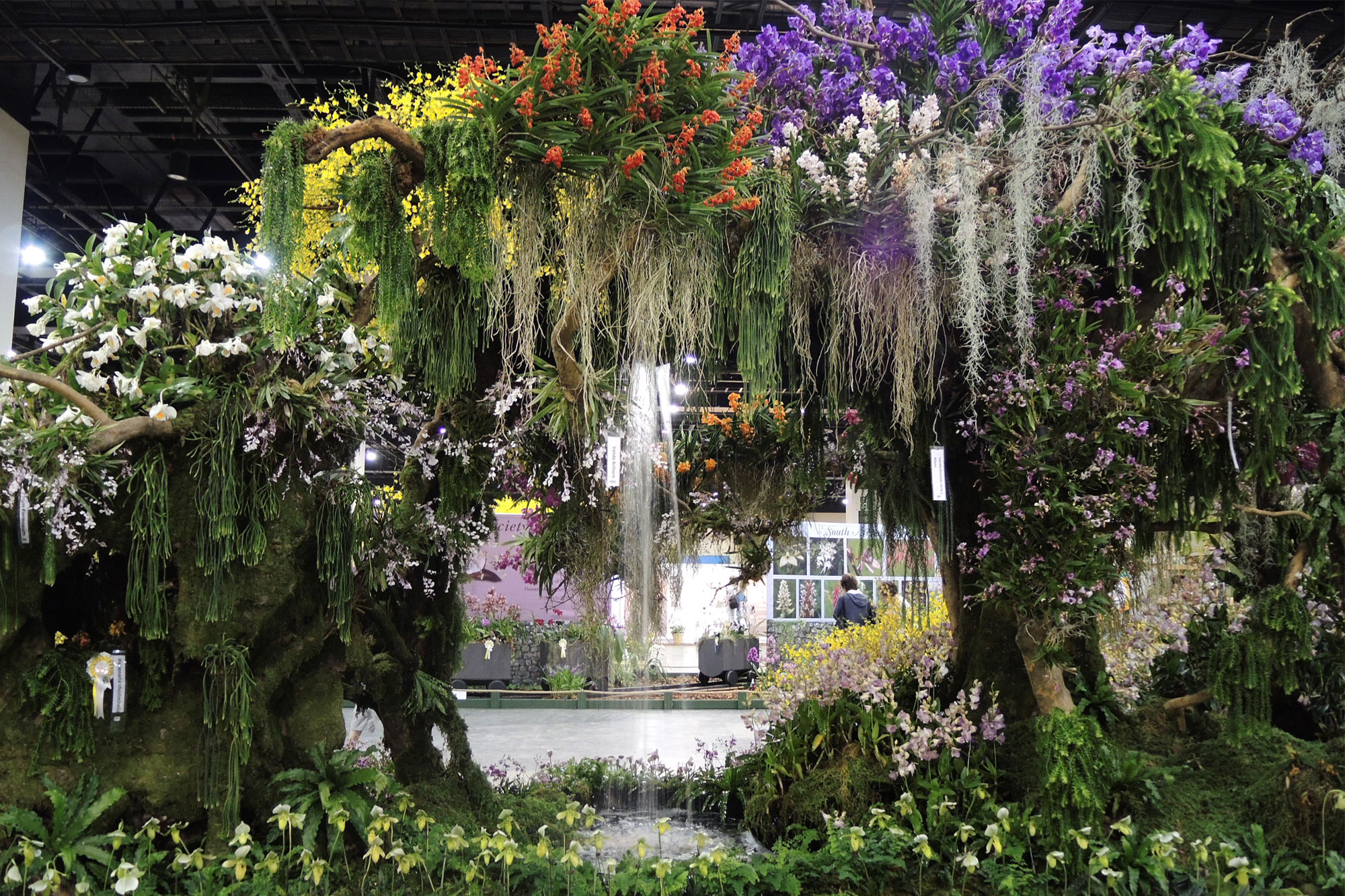The Royal Horticultural Society’s (RHS) London Orchid Show, running April 8-10, is usually the highlight of the UK orchid grower’s calendar but Dr David Roberts, an orchid specialist within the School of Anthropology and Conservation, says that this year, with Brexit set to take place at the end of March, it could be a very different event:
“While the UK orchid industry has, to a certain extent, been in decline even before Brexit reared its head, everything is now up in the air, with the potential to see an increase in smuggling.
“All orchids are currently listed in the CITES (the Convention on International Trade in Endangered Species of Wild Fauna and Flora), which means for trade to take place with the UK, an export and import permit is required. With free movement within the EU, permits are not required. If we leave the EU on the March 29, this will all change.
“The problem with orchids is that there are just so many different species, more than 27,000, as well as over 100,000 registered hybrids. Of course, not all are of horticultural value, but some are of considerable commercial importance.
“Not only are there 27,000 species, but orchids are also then divided into about 760 different groups called genera. When Defra (the Department for Environment, Food & Rural Affairs) issue CITES import or export permits for plants, customers pay £67.00 per group. For those specialising in specific groups of orchids, they may be able to absorb this additional cost of the permits to bring in material from the EU.
“With 10 days between Brexit and the start of the RHS London Orchid Show, it is unclear if any nurseries will be attending from the rest of the EU and beyond. It will be easy for EU nurseries to get their stock in before Brexit, although they will have to store them somewhere before the Show.
“But after the Show, and after Brexit, the requirement for CITES permits will have already come into force and EU traders could find their stock stuck in the UK.”
To read Dr Roberts’ full report click here.
 Dr David Roberts was a senior scientist in the orchid section of the Royal Botanic Gardens, Kew. He is a member of the UK government’s illegal Wildlife Trade Advisory Group. His main areas of research are plant conservation, especially orchids and illegal online wildlife trade.
Dr David Roberts was a senior scientist in the orchid section of the Royal Botanic Gardens, Kew. He is a member of the UK government’s illegal Wildlife Trade Advisory Group. His main areas of research are plant conservation, especially orchids and illegal online wildlife trade.

